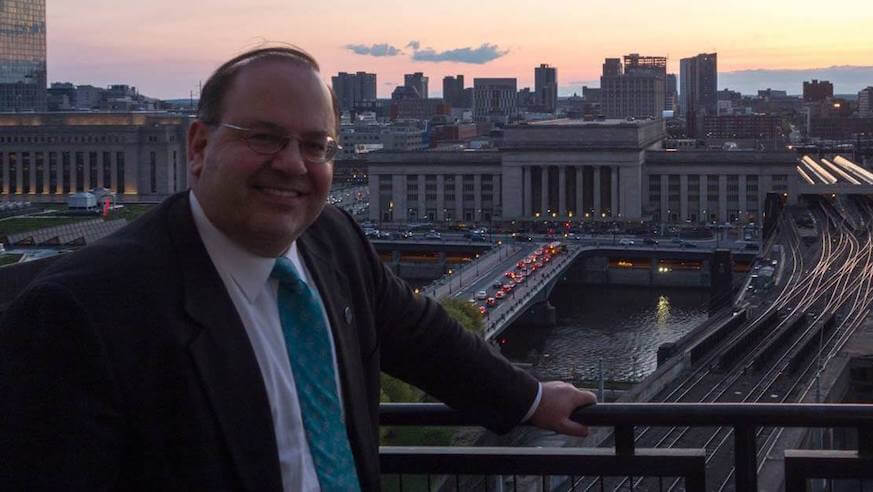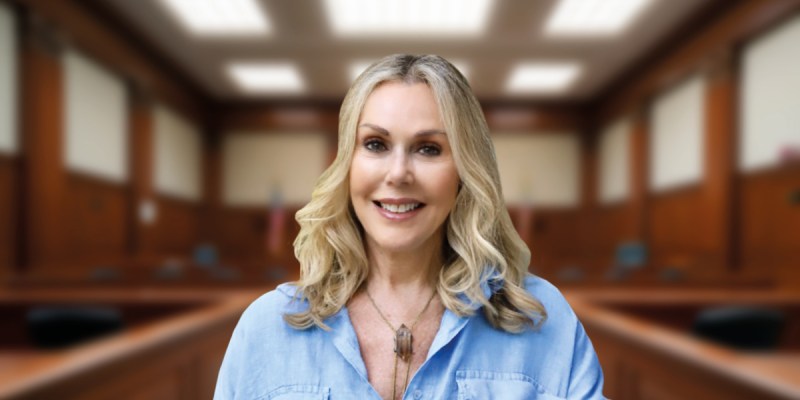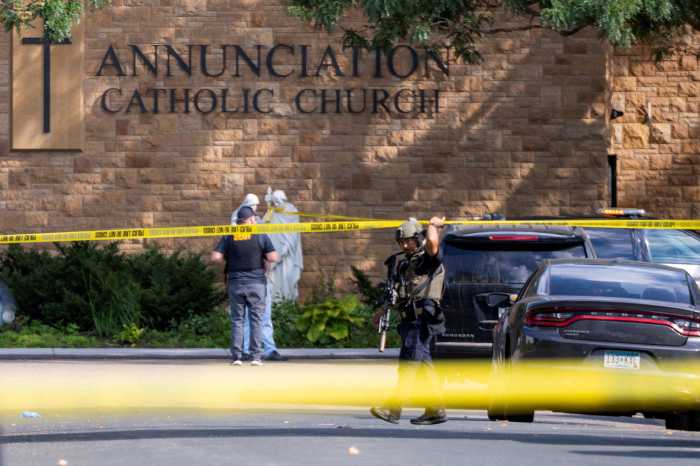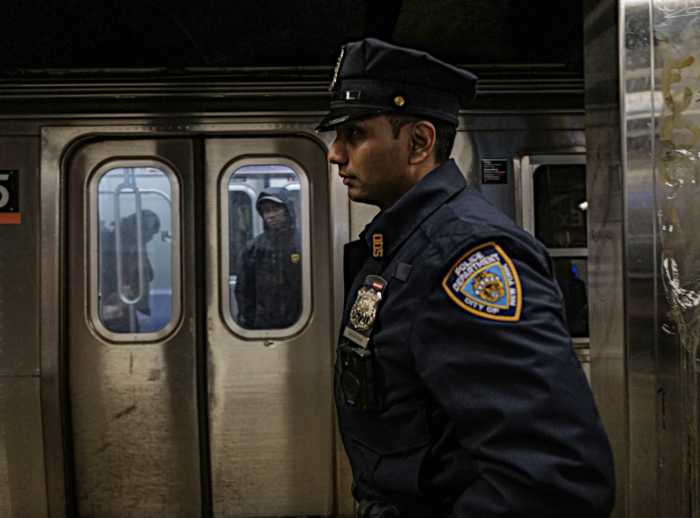Philadelphia’s citizens have been complaining about the ‘DROP’ pension program for city employees that critics say wastes taxpayer dollars. Now, City Councilman Allan Domb wants to do something about it.
“We have a Rolls-Royce pension program, but we have a Buick budget,” said Domb, who recently introduced legislation to City Council which would block future non-union employees from enrolling in DROP. (The bill would not affect union employees). “It’s a very generous pension benefit that we cannot afford. … I’m not saying it’s good or bad – I’m just saying we can’t afford it.”
Philadelphia’s “deferred retirement option plan” (DROP), introduced in 1999 under Mayor Rendell ostensibly to help the city retain end-of-career municipal employees, was originally pitched as costing nothing. But a study by Boston College in 2014 estimated the program cost the city’s underfunded pensions debt some $237 million.
Domb, a real estate developer, is a freshman City Councilman-at-Large who is donating his entire salary to the School District, said the pension fund is one of Philadelphia’s most significant challenges. He said the city needs to be fiscally responsible and address long-term issues now.
“My motivation for this is to deal with probably our most serious fiscal challenge that confronts us, and that is the pension liability, which is over $6.1 billion unfunded,” Domb said. (The full pension liability is roughly $11.2 billion). “On top of that, we have another $1.9 billion of post-employment benefits, that includes medical insurance.”
Domb said that barring new, non-union employees from DROP is one way to start chipping away at the problem. Only Mayor Kenney’s administration can negotiate with union employees over DROP.
“We are still reviewing the legislation, and look forward to further discussions with Councilman Domb and all council members on the proposal,” spokesman for Mayor Kenney Mike Dunn said via email. Dunn has previously said Kenney is pursuing other pension reform efforts, including contract re-negotiations, with a goal of having Philly pensions 80-percent-funded by 2030.

What’s the deal with DROP, anyways?
The idea behind programs like DROP was originally to incentivize police officers and firefighters to stick on the job a little longer, but in Philly, DROP was given to all city employees by the Rendell administration. Interest rates were originally pegged at 4.85 percent.
To enter DROP, you pick a retirement date up to five years in the future. You start getting your pension payments early while continuing to earn a salary, placed in interest-bearing funds by the city’s Pension Board, and when you retire, you get a lump sum payment, before continuing to get a pension for the rest of your life.
“I don’t fault anyone for taking it,” Domb said. “Those are the rules that were made. I think for police and fire it has a place.”
After several years, public outrage began to build as stories emerged of city officials, including City Councilmembers, who “retired,” got a DROP pay-out, then ran for re-election, like Frank Rizzo Jr, who got $195,052 after retiring and lost his re-election bid. Several other City Councilmembers entered DROP, but didn’t run for re-election. As reported by various media outlets, former City Council president Anna Verna got $566,039; and of former City Council members, Frank DiCicco received $421,123, Jack Kelly got $384,828 and Donna Reed Miller got $185,572. Former City Councilwoman Marian Tasco in 2011 retired for a day, collected $478,057, but did get re-elected and served another four years before retiring in 2016.
“Taxpayers who are just getting by, living in homes in Philadelphia that are worth $150-250 or 300,000, paying their taxes – this is a very tough pill for them to swallow when they see these things going on,” Domb noted.
Back in 2014, Council rejected a plea from former Mayor Michael Nutter to end the program entirely after its losses were reported by Boston College. But Council did pass a bill revising DROP and cutting interest rates to 1.6 percent.
Since 1999, the city has paid out $1.5 billion total in DROP payments.
Unlike some, Domb has no criticism for DROP’s past, he just wants to change its future.
“I don’t blame anyone in this administration or the prior administration. The pension liability, 90 percent of the problem occurred in the ’60s and ’70s,” he said. “All I’m saying is, we inherited this problem, we need to address it in a big way and fix it. … My goal is to make sure that the money will be there for the 66,000 people in the system for their pensions.”
Domb’s legislation has been assigned to the Labor & Civil Service Committee and a hearing date has yet to be scheduled.






























